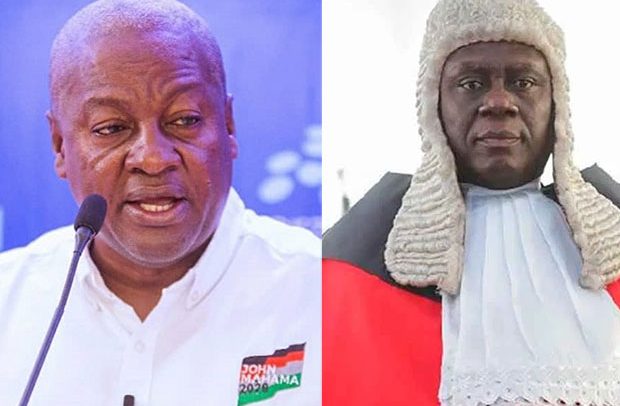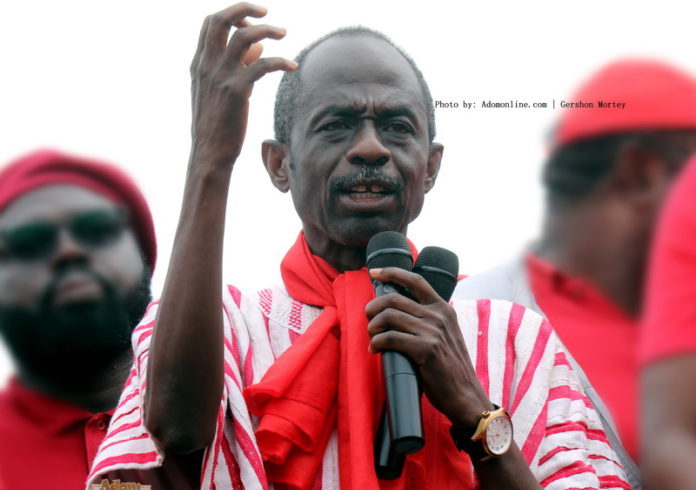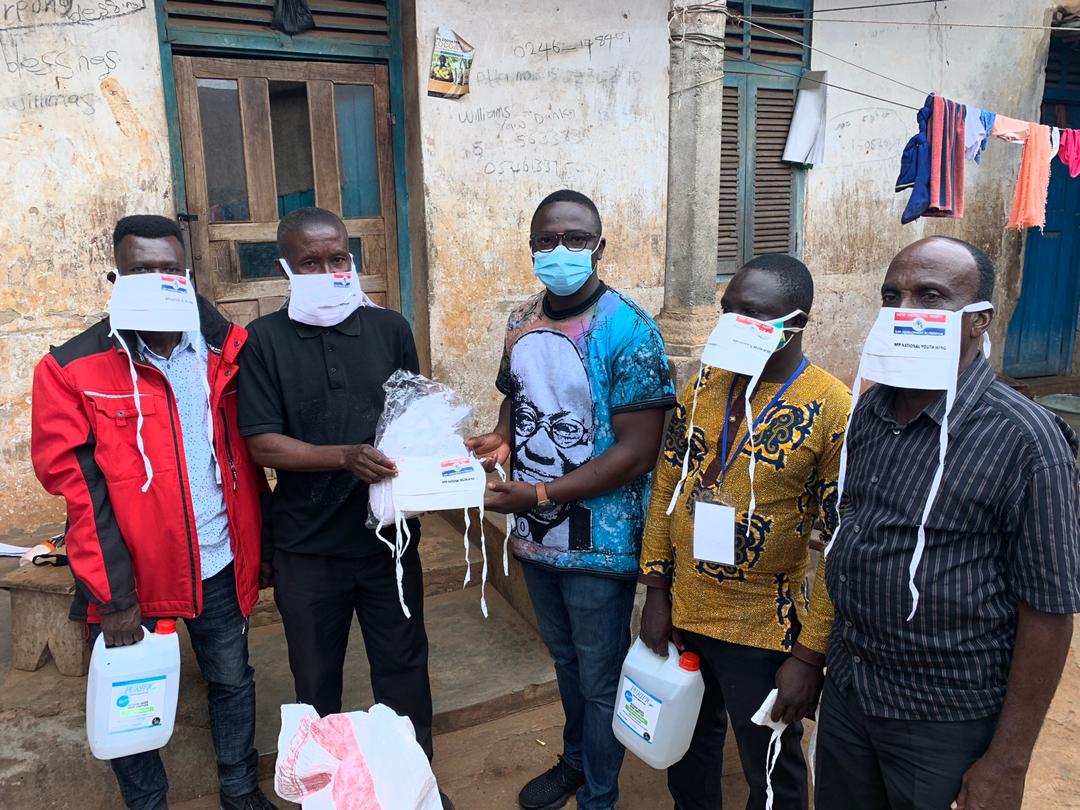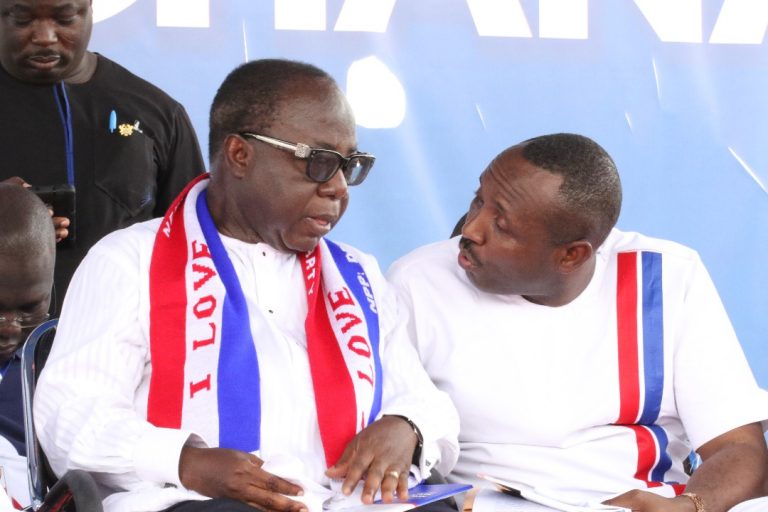Controversies that marred Kwame Nkrumah’s death as 53 years passes
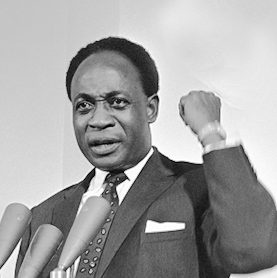
Today, April 27, 2025, marks 53 years since Ghana’s first President, Dr Kwame Nkrumah, died in Bucharest, Romania, in 1972, while in exile after a short illness.
Reports indicated that the deceased president died from prostate cancer with no family member by his side after months of failing health while receiving treatment abroad.
The former president, who died at the age of 62, was overthrown from power during a coup in 1966 and moved to Conakry, Guinea, to settle there for some time after the Ghana Police Service offered a reward of $120,000 to anyone who could bring him back to the country dead or alive.
Nkrumah had suspicions of being poisoned, particularly because his cook had died a mysterious death in Conakry, Guinea, during his exile in the country right after his overthrow in Ghana.
Upon his death on April 27, 1972, with Guinea now in possession of the body of Nkrumah, its President, Sékou Touré, was not convinced in releasing it to Ghana, although there had been assurances to him, by Col Ignatius Kutu Acheampong, Ghana’s leader at the time, that he would be given a dignified burial befitting his status.
All Sékou Touré wanted for his country’s co-president, was that Ghanaian authorities would meet his demands; after all, since Romania had sent the body to their country, they were in a strong position to dictate terms.
After thorough deliberations, Kwame Nkrumah’s body was later flown to Ghana, where it was laid in state at the State House in Accra, and thousands of Ghanaians paid their last respects.
The body was then flown to his hometown, Nkroful, where he was buried in a vault.
Nkrumah’s legacy, coupled with the Pan-Africanism movement, shaped politics in Ghana and on the African continent, making him a globally recognised figure.


